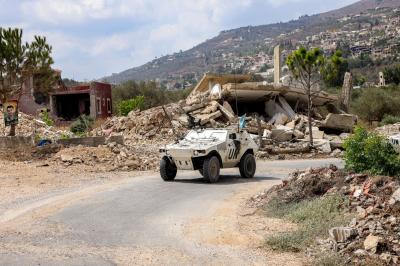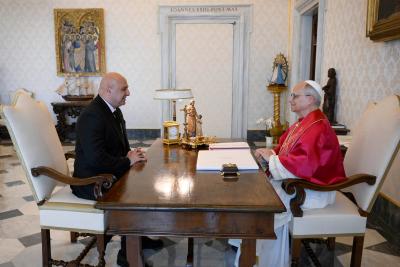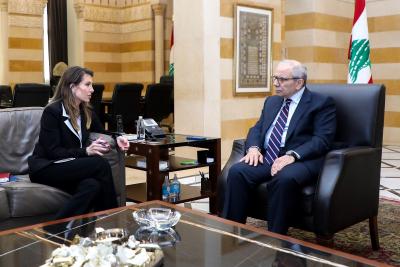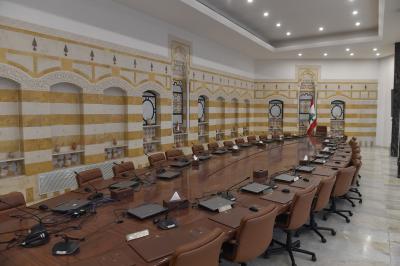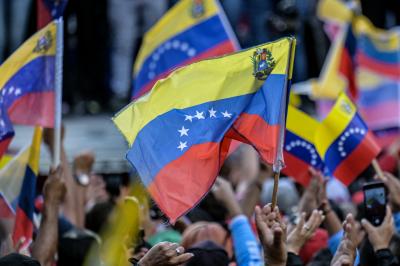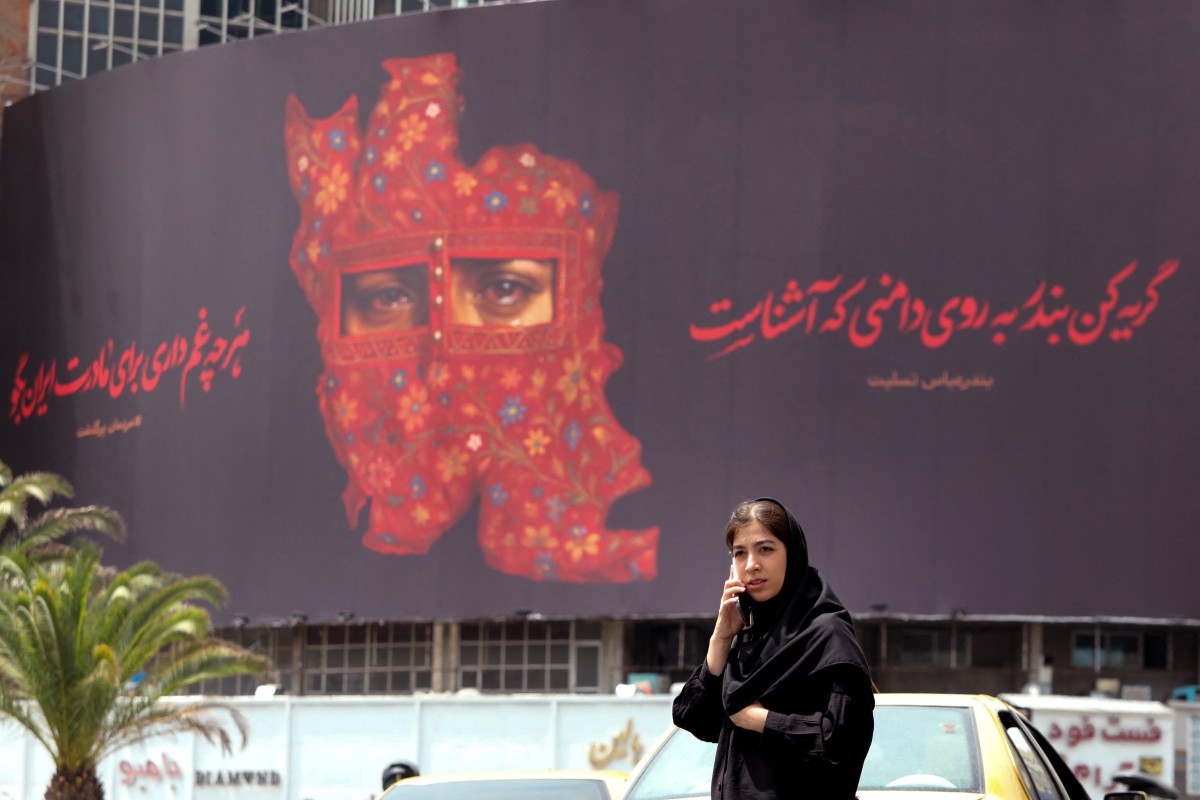Two days ago, U.S. President Donald Trump promised the public “very good news about the Middle East soon.” While he didn’t elaborate, speculation quickly turned to the ongoing negotiations surrounding Iran’s nuclear program. That would be a logical connection—Trump consistently prioritizes U.S. interests above all else. Proud of what he calls “America’s golden age,” Trump boasts: “We’ve achieved in 100 days what wasn’t done in 100 years.”
Trump’s keen interest in the economy may prove to be a driving force in the success of the talks. Iran, long burdened by sanctions, could become a major destination for foreign investment once restrictions are lifted, thanks to its wide-ranging economic potential.
Negotiations between the U.S. and Iran are reportedly progressing at a “very good” pace. Still, Tehran remains cautious. Past experiences have taught Iranian officials not to lean too far toward optimism or pessimism—instead, they are treading with “measured optimism,” largely due to Trump’s unpredictable personality and shifting priorities.
Interconnected Issues
From Iran’s perspective, progress is indeed being made on the nuclear file. But the implications stretch far beyond uranium enrichment. The outcome of the talks could shape numerous regional issues, including Lebanon’s stability and the future of Hezbollah’s military and political role. Tehran remains wary, knowing Trump’s sudden reversals could upend any perceived progress. As negotiations continue, Iran is preparing for both political and military contingencies.
Although Iran officially separates Hezbollah’s weapons from the nuclear file, in practice, the two issues are closely linked. Political sources confirm that successful negotiations could impact Hezbollah’s position in Lebanon and the fate of its arsenal. The group has recently shown some openness to discussions around its weapons, but remains highly unlikely to withdraw north of the Litani River, given the threats it perceives from Israel, Syria, and recent incidents like the Druze massacre.
Nonetheless, Hezbollah appears to be recalibrating its strategy. After an internal review, the group has chosen to distance itself from its weapons rhetoric and instead invest in the potential outcomes of the U.S.-Iranian talks. It has toned down its anti-American discourse in hopes that a successful agreement could lead to a regional settlement that bolsters its influence in Lebanon.
From Washington’s point of view, however, the priority remains Israel’s security. The U.S. is focused on ensuring Hezbollah’s weapons won’t be used against Israel—an issue that will likely be tackled in future rounds. For now, the group seems disinterested in launching any new conflict, either domestically or regionally. But should Israel refuse to withdraw from southern Lebanon, the situation could evolve in unpredictable ways.
Positive Signals—But Caution Persists
Despite a delay in Saturday’s scheduled follow-up session—possibly signaling complications or unknown factors—Tehran has begun to detect positive signals in the technical discussions. Sources close to Iranian negotiators describe this phase as one of “building mutual trust,” and suggest a final agreement could be signed within the month if things proceed smoothly.
What has helped move the talks forward is Iran’s insistence that its nuclear ambitions are peaceful, coupled with a willingness to discuss uranium enrichment levels and missile range. Still, the biggest motivator on both sides may well be economic. Iran is opening the door to U.S. investment, and Trump sees enormous opportunity in Iran’s untapped reserves of gas, phosphates, and uranium—resources the U.S. badly needs.
Trump's foreign policy decisions are shaped almost entirely by economic interests. He’s disregarded Europe’s stance on trade with Iran, showing little concern for how his economic decisions might impact diplomatic relations. From his perspective, Iran may be fertile ground for business, especially in sectors critical to U.S. interests.
A successful agreement could begin to reshape the region gradually, touching on many files simultaneously. Notably, it would align with a Saudi initiative proposing a two-state solution for Palestine—an idea expected to surface during Trump’s upcoming visit to Riyadh.
But success won’t come easily. The path to an agreement is riddled with complexities, preconditions, and strategic calculations. Those familiar with the inner workings of the talks say the future of the entire Middle East hinges on the outcome, especially Lebanon, where Hezbollah quietly acknowledges that a breakthrough in negotiations could offer long-overdue relief after a war that has left the group significantly drained.
Please post your comments on:
[email protected]
 Politics
Politics
